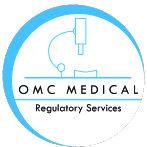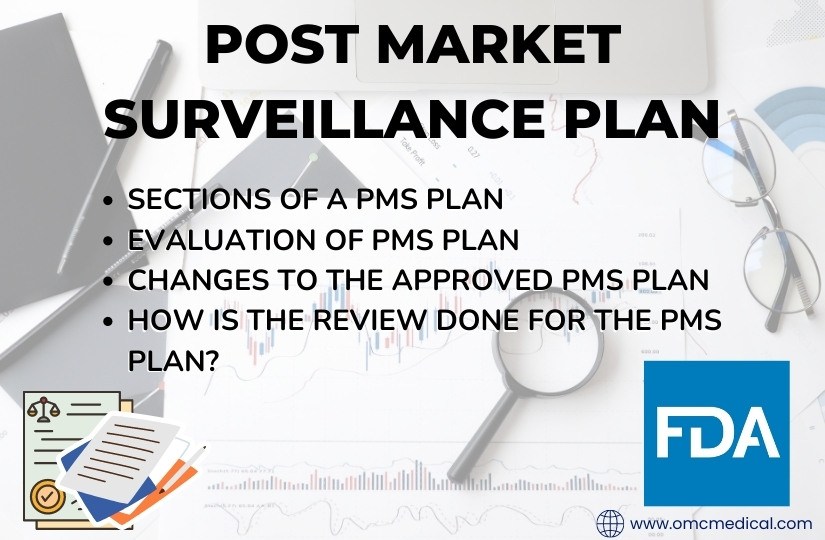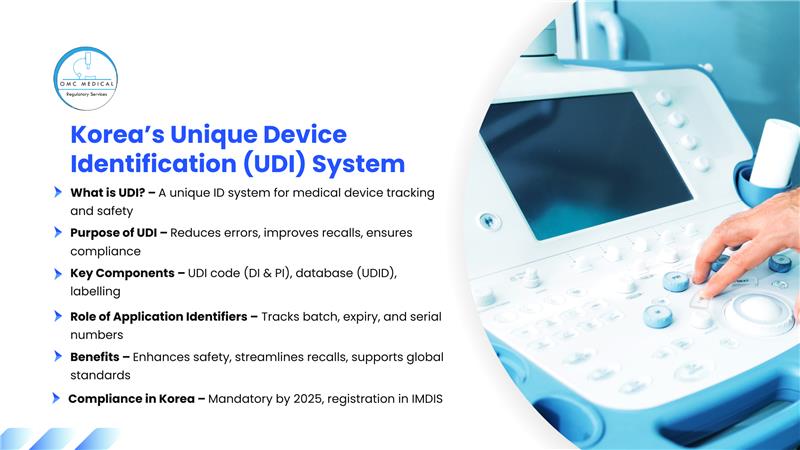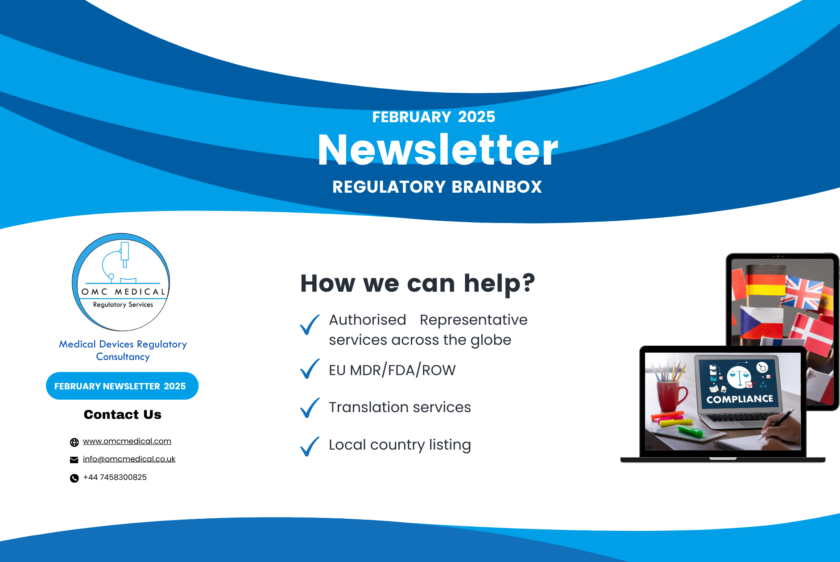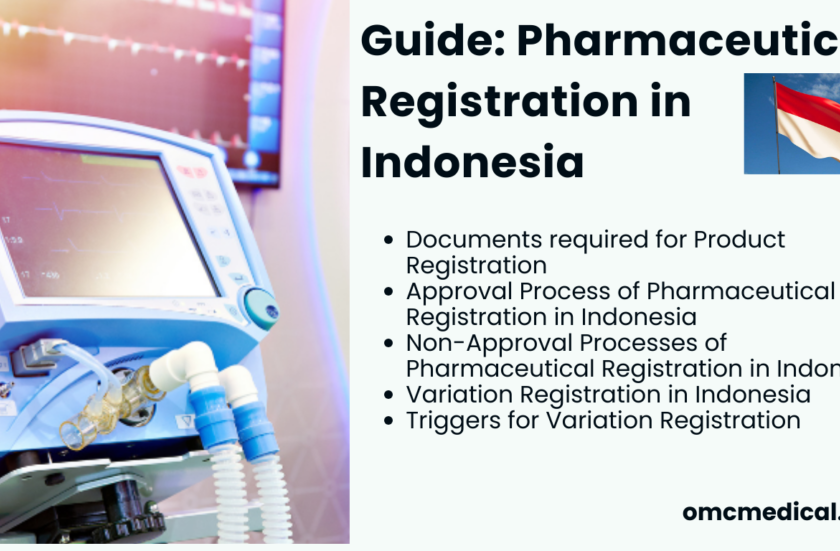Articles
FDA Post-Market Surveillance (PMS) is a regulatory requirement under 21 CFR Part 822, designed to ensure the long-term safety and effectiveness of medical devices after they have been released into the market. It helps manufacturers identify potential risks, track real-world device performance, and take necessary corrective actions to maintain compliance with FDA PMS regulations. What is FDA Post-Market Surveillance (PMS) for Medical Devices? FDA PMS refers to the systematic monitoring of medica...
Korea’s Unique Device Identification (UDI) System: What You Need to Know?
In recent years, South Korea has implemented a comprehensive Unique Device Identification (UDI) system for medical devices, aiming to enhance patient safety, improve traceability, and align with global standards. As of 2025, understanding and complying with the Ministry of Food and Drug Safety (MFDS) UDI requirements is essential for manufacturers and importers seeking to market medical devices in the Korean healthcare sector. What is UDI System? The UDI system in South Korea was introduced to...
February Newsletter 2025 – English
We’re excited to bring you the latest updates and expert insights in our February 2025 Newsletter. Stay informed about key regulatory changes, industry advancements, and compliance updates in the medical device and cosmetics sectors. What’s Inside This Month? 🔹 Regulatory Updates for Medical Devices – Stay ahead with the latest changes in compliance and medical device regulations. 🔹 Cosmetics Industry Trends & Safety Standards – Discover emerging trends and updated safety requi...
How to Prepare a Technical File for SFDA Medical Device Registration?
A technical file for SFDA medical device registration is a key document that proves a device’s safety, quality, and compliance with the Saudi Food and Drug Authority (SFDA) regulations. A well-prepared file ensures a smoother approval process and faster market entry. This guide outlines the essential steps and best practices to compile a technical file as per SFDA’s latest 2025 requirements. What is Technical File in Medical Devices? A technical file is a structured document that includes es...
UKCA vs. CE Marking: What’s the Difference and Which One Do You Need?
In today’s global marketplace, ensuring product compliance is essential for manufacturers looking to sell in different regions. If you are marketing products in the United Kingdom (UK) or the European Union (EU), understanding the differences between UKCA and CE marking is crucial. While both markings serve as indicators of product conformity, they apply to different regulatory frameworks. Let’s begin, What is CE Marking? CE marking (Conformité Européenne) is a certificat...
February Newsletter 2025 – Japanese
We’re excited to bring you the latest updates and expert insights in our February 2025 Newsletter. Stay informed about key regulatory changes, industry advancements, and compliance updates in the medical device and cosmetics sectors. What’s Inside This Month? 🔹 Regulatory Updates for Medical Devices – Stay ahead with the latest changes in compliance and medical device regulations. 🔹 Cosmetics Industry Trends & Safety Standards – Discover emerging trends and updated safety requi...
Comprehensive Guide to Pharmaceutical Registration in Indonesia: BPOM, Regulations, and Approval Pathways
Territory Southeast Asia Official Language Indonesian/English Regulatory Authority Name Badan Pengawas Obat dan Makanan (BPOM) Regulatory Authority Website https://www.pom.go.id/ Mail ID halobpom@pom.go.id Regulation Name Government Regulation No. 74 of 1996 on Pharmaceutical Affairs Local Authorized Representative Yes Classification of Medical Devices New Drug, Generic Drug, Biologic, Biosimilar. Registration Timeline 3 to 12 months Li...
Streamlining Pharmaceutical Registration in Argentina: A Comprehensive Guide to Navigate the Regulatory Process for Drug Approval
MoH Ministry of Health of Argentina MoH Website https://www.argentina.gob.ar/salud Regulatory Authority The National Administration of Drugs, Food and Medical Technology Link for Regulatory Authority https://www.argentina.gob.ar/anmat Applicable Regulation DECREE NO. 150/1992 ESTABLISHES THE RULES FOR THE REGISTRATION, PREPARATION, DIVISION, PRESCRIPTION, SALE, MARKETING, EXPORT AND IMPORT OF MEDICINES. Biologics/Drugs/Pharmaceutical/Medicine/OTC- General Registration Procedure and Requirement i...
Comprehensive Guide to Medicinal Product Registration in Armenia: Criteria, Procedures, and Quality Standards
MoH: Armenia Ministry of Health MoH website: https://www.gov.am/en/structure/1/ Regulatory Authority: Scientific centre of drug and medical technology expertise Link for Regulatory Authority: https://www.pharm.am/index.php/en/ Overview The registration of medicinal products in the Republic of Armenia involves adherence to a set of stringent requirements outlined in various legislative acts. The fundamental legal framework comprises the Laws of the Republic of Armenia, specifi...
“Professional use” Test Kit – Procedure for registration in UK
“Professional use” Test Kit – Procedure for registration in UK Novel Corona Virus Disease 2019 (COVID-19) is a different variety of disease that has never been seen in humans before, impacting being a pandemic, and affecting the world since the year 2020. One of the most difficult aspects of coronavirus is the ambiguity of not knowing who has been infected or whether it is safe to resume normal activities. Testing of high quality might assist provide assurance. However, no good thing...
